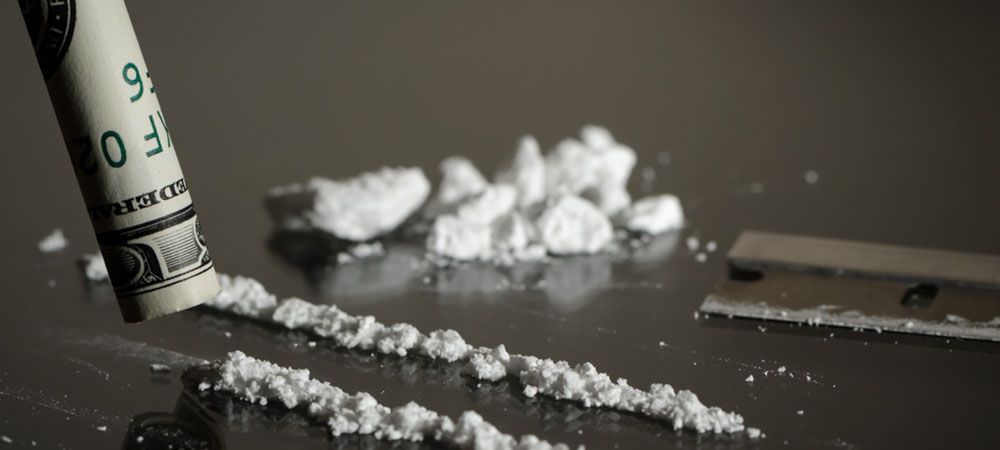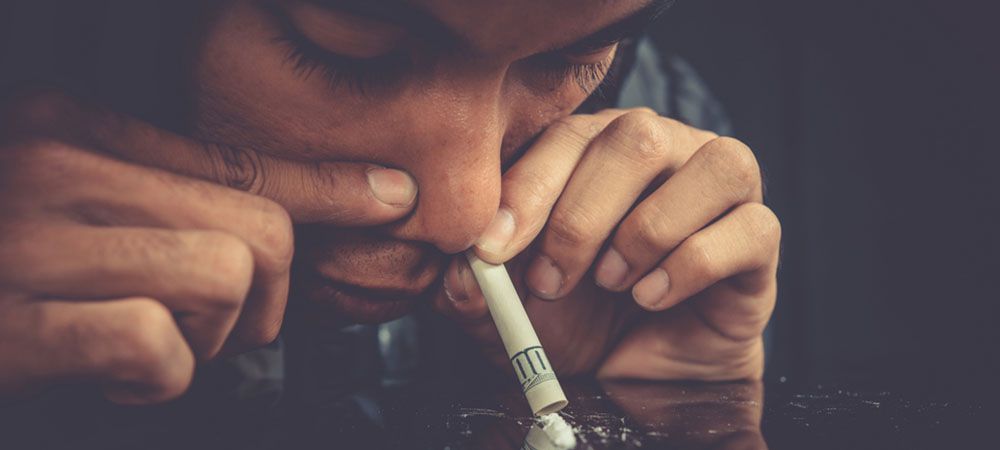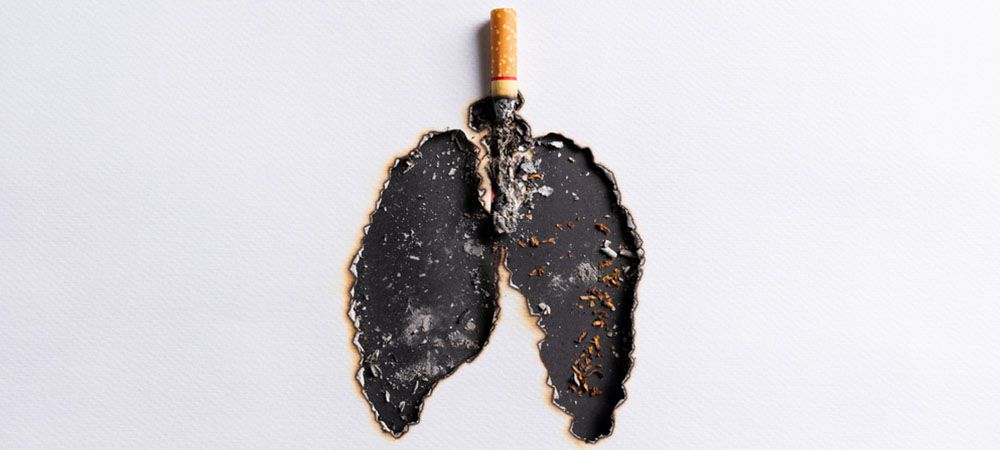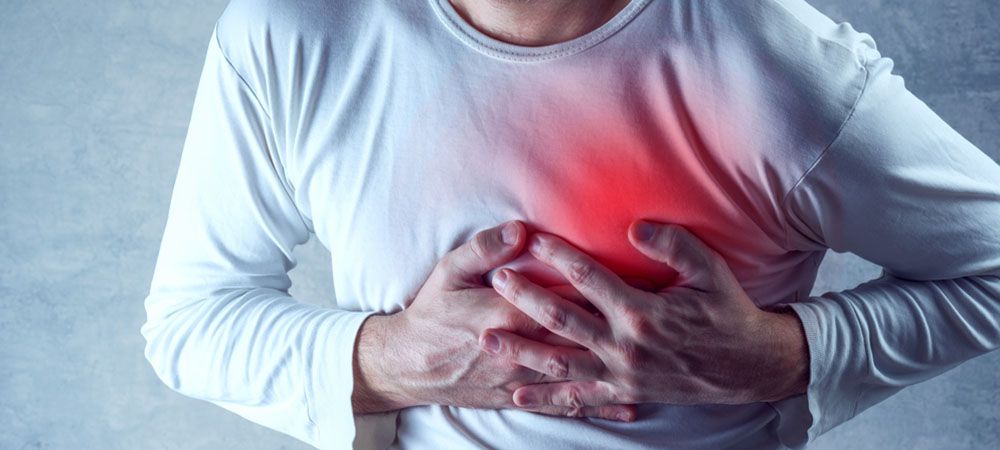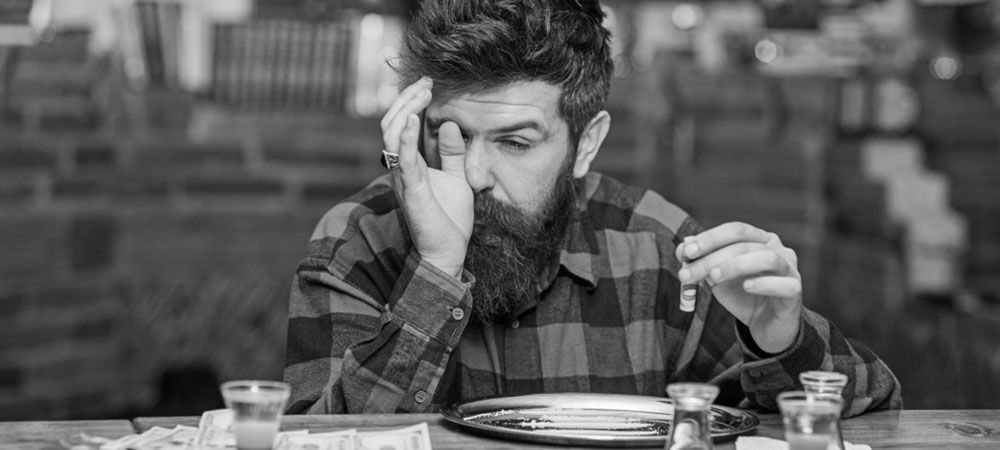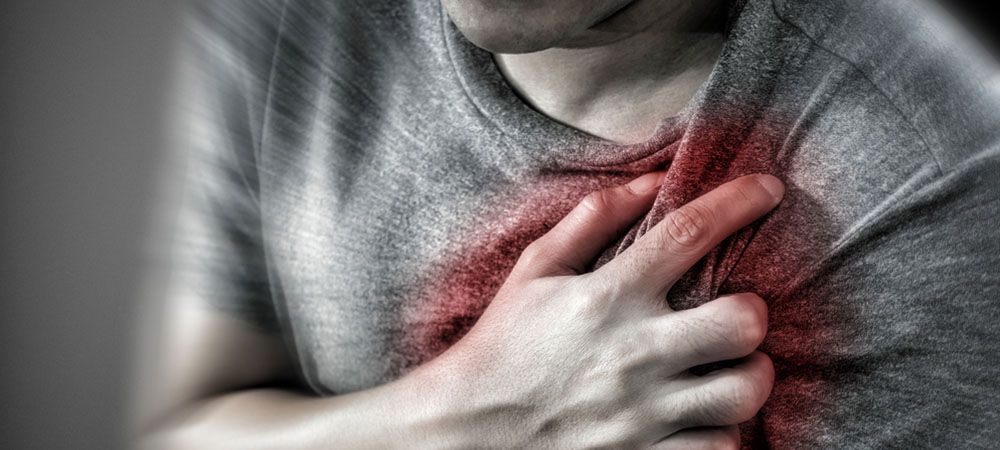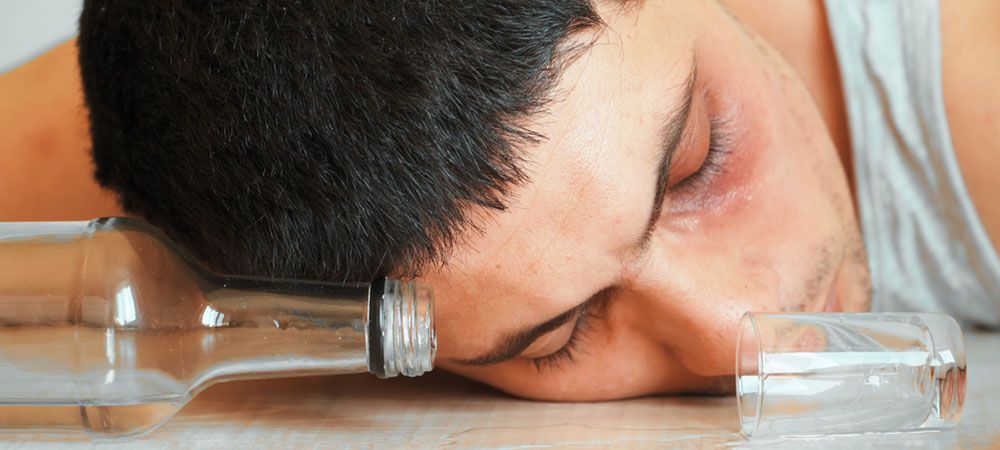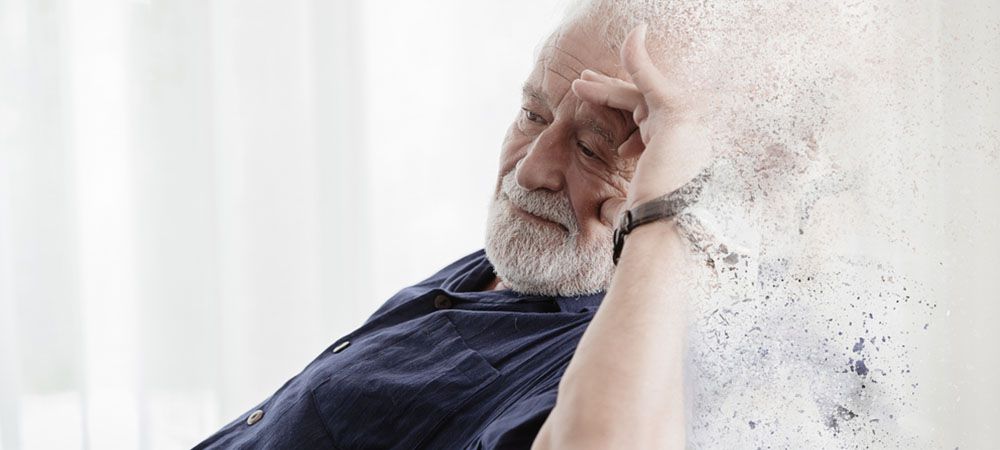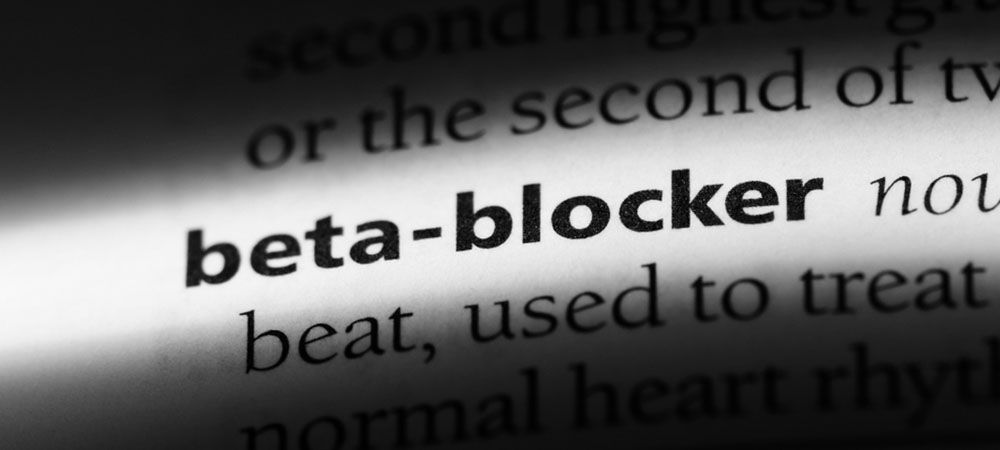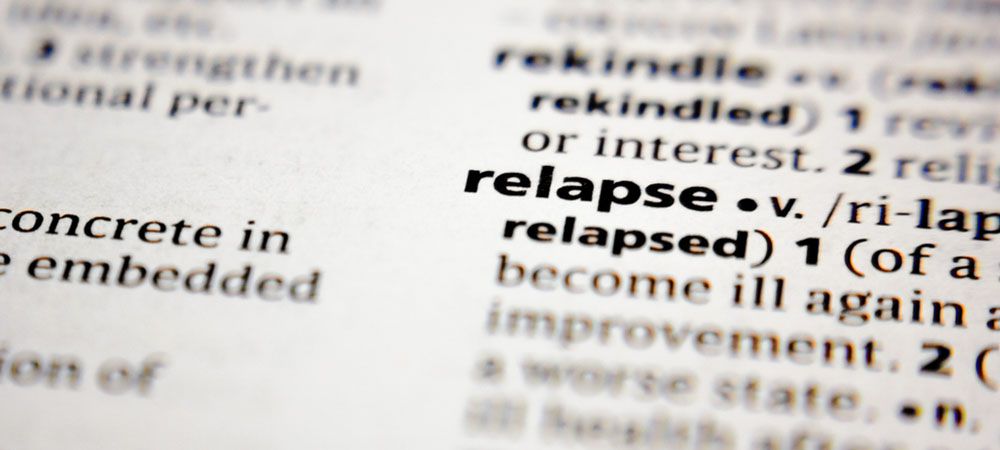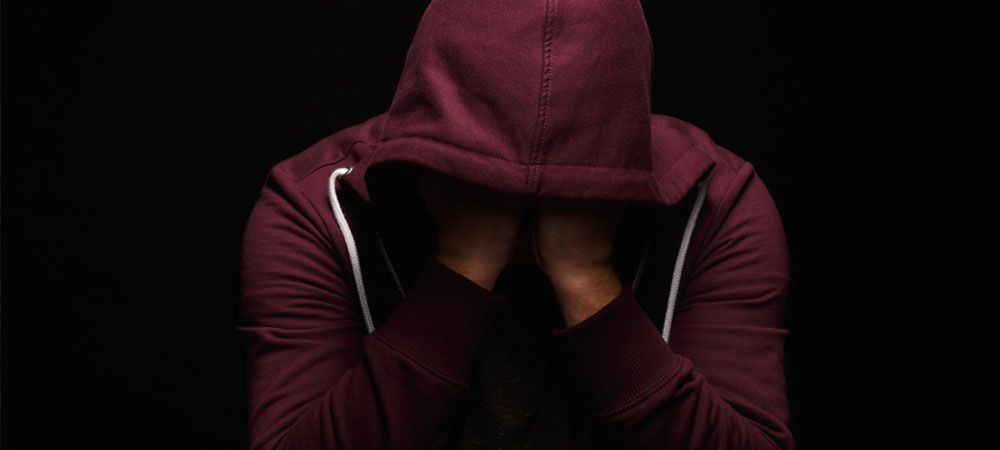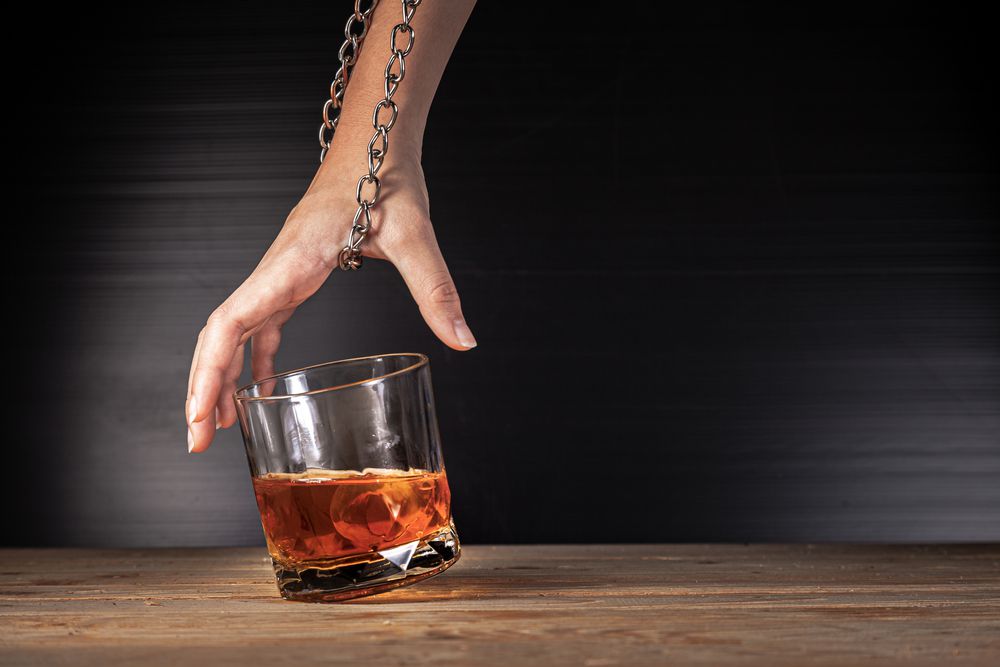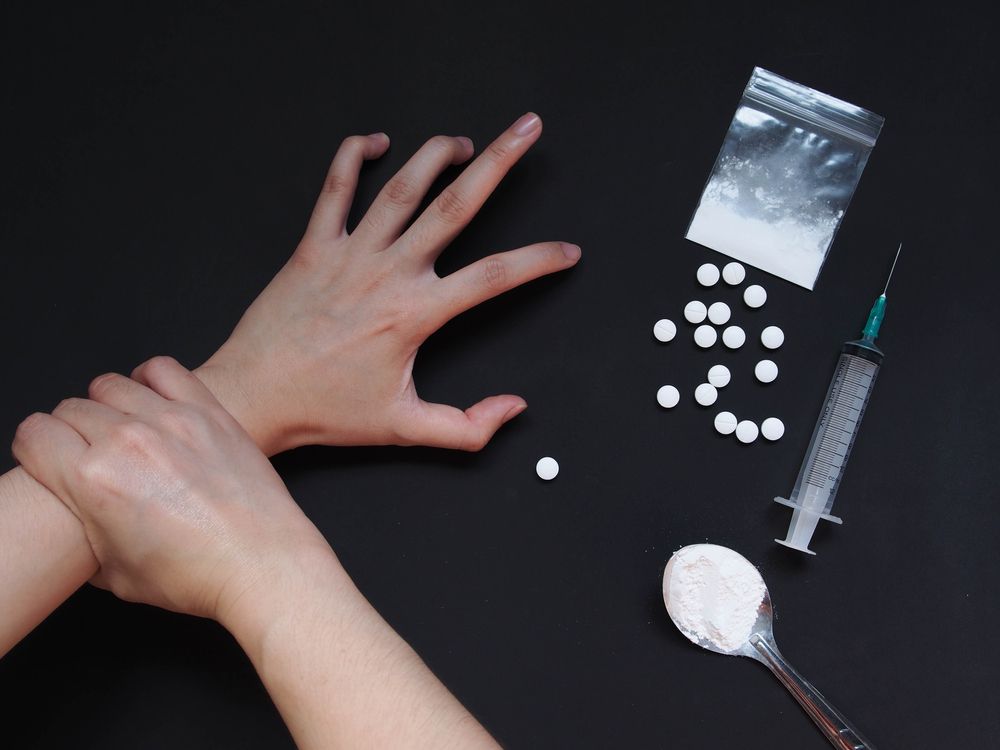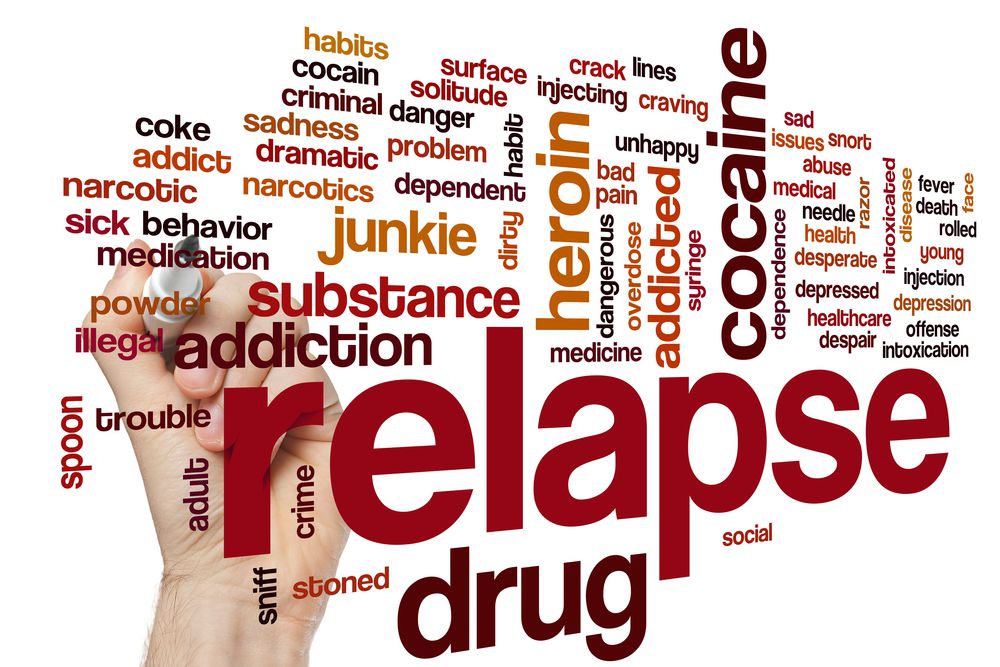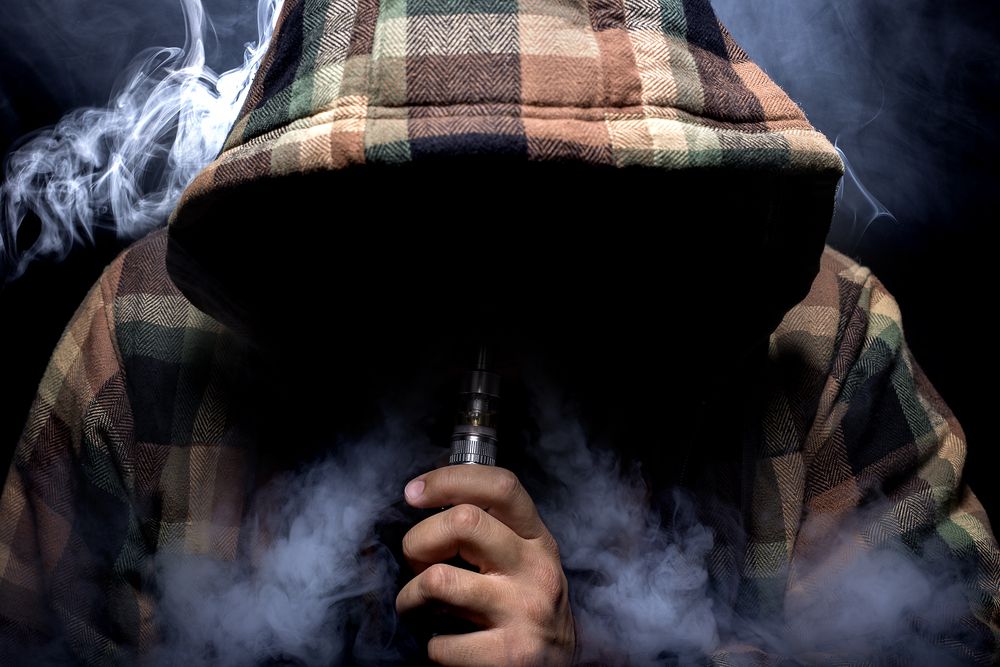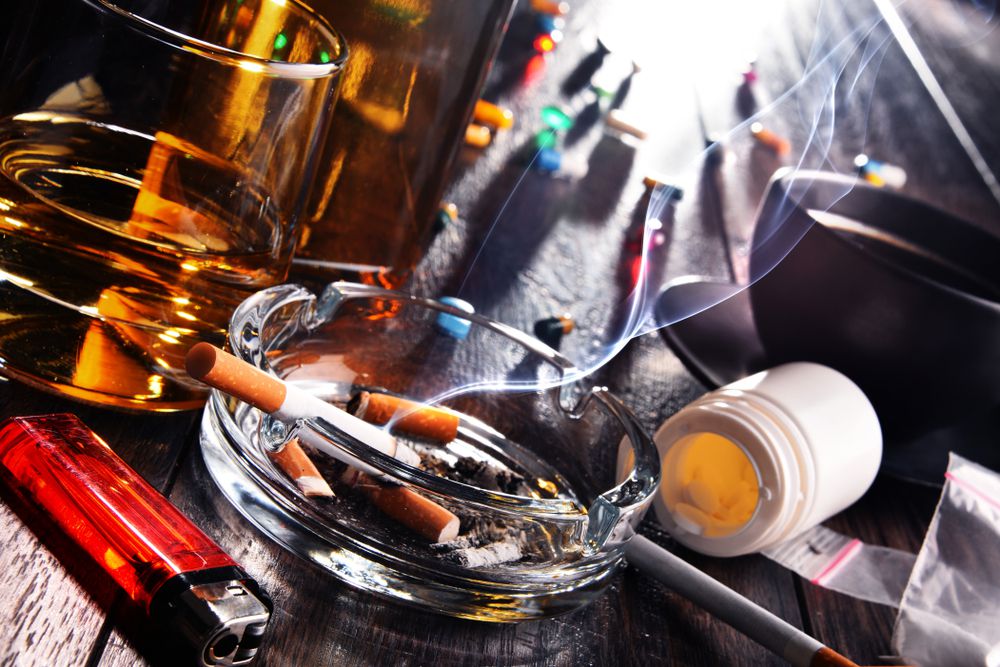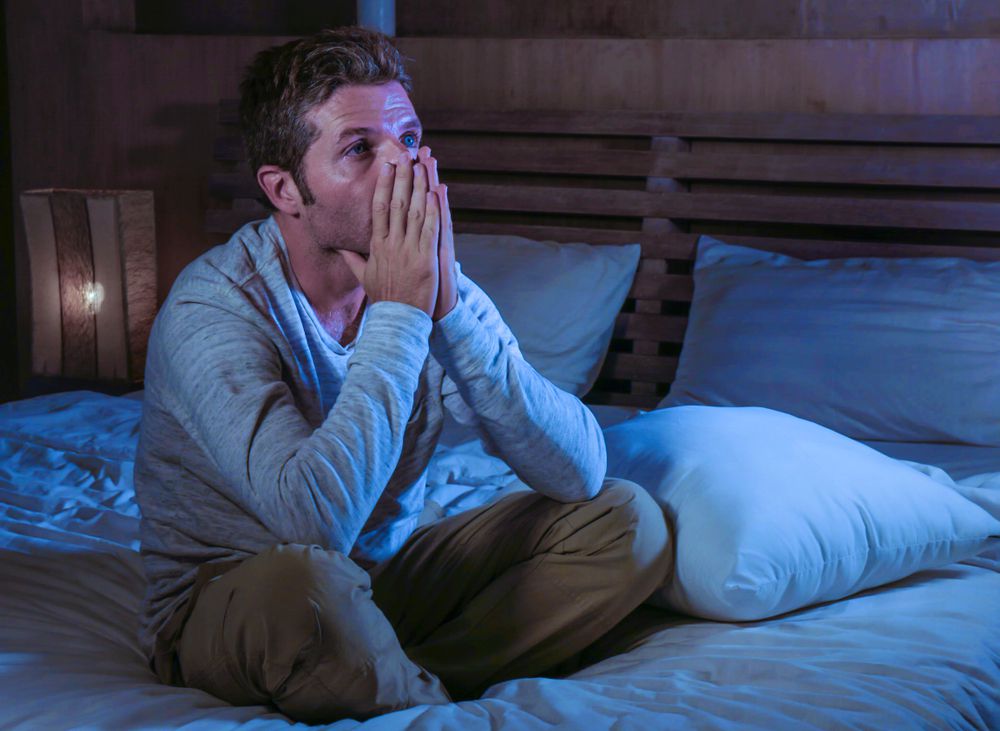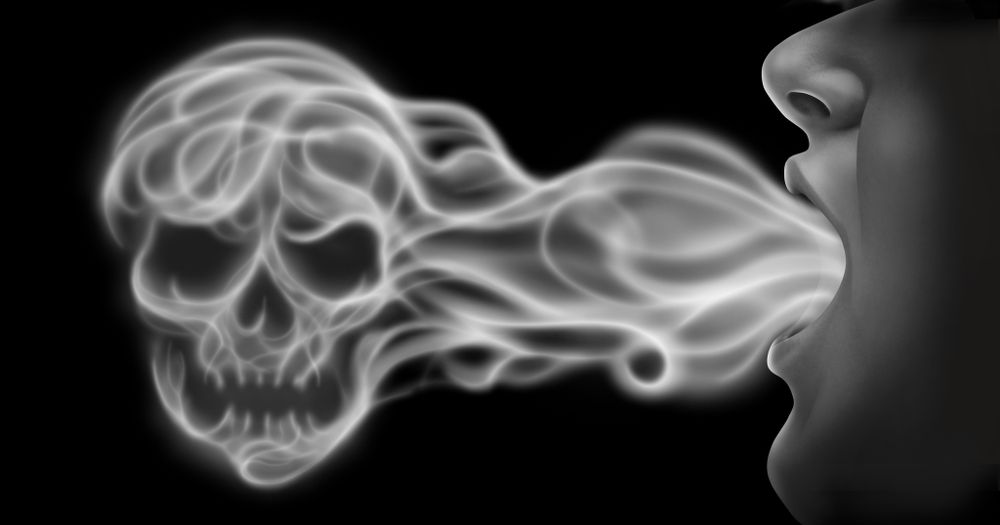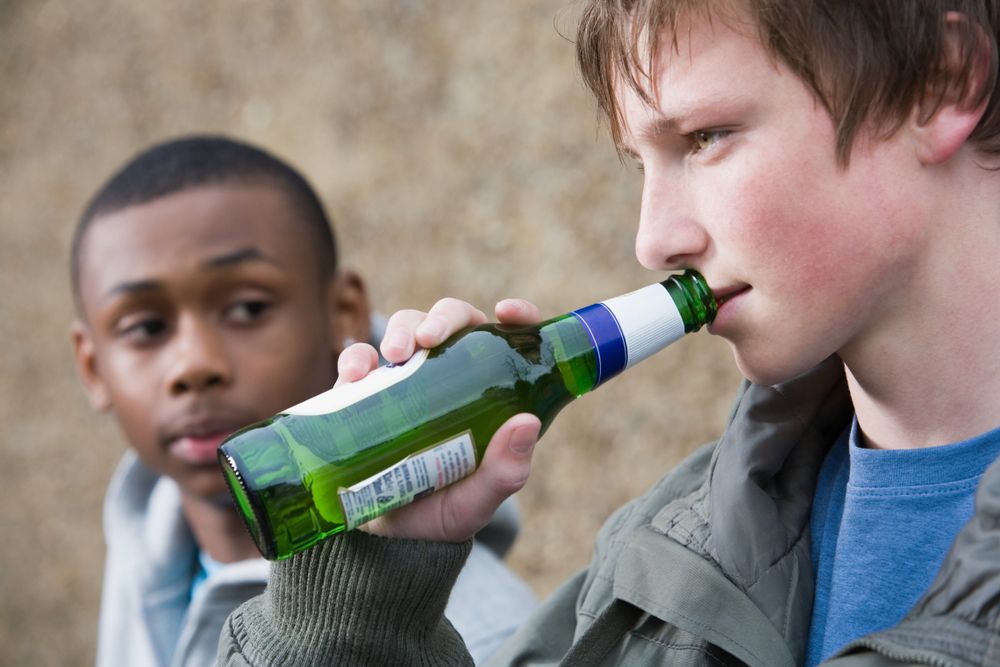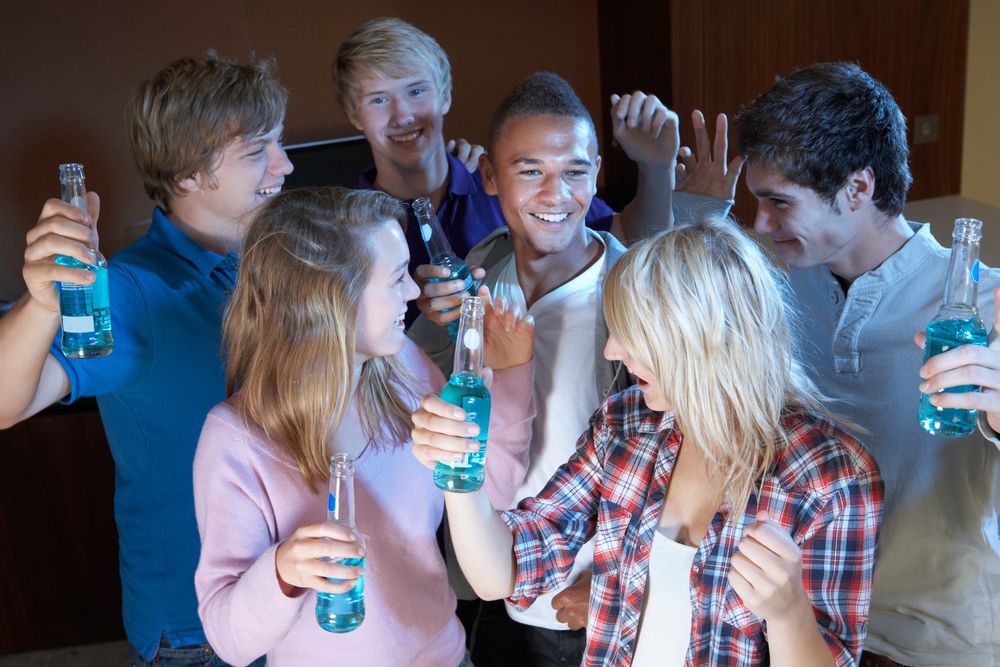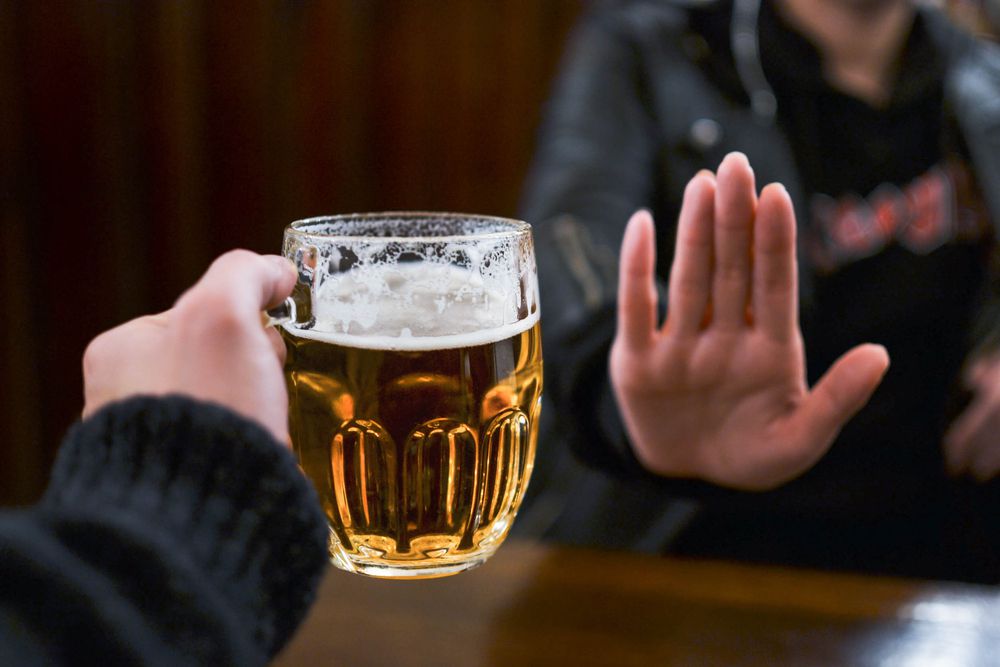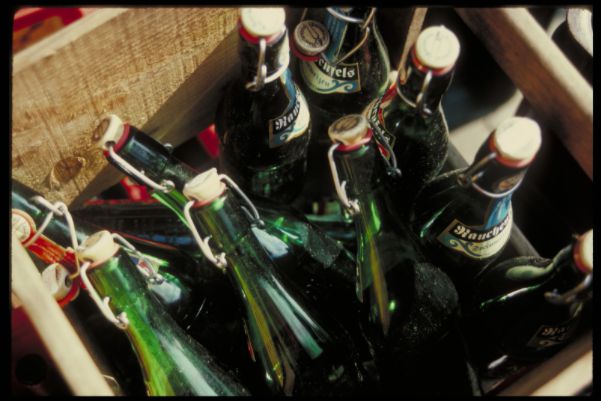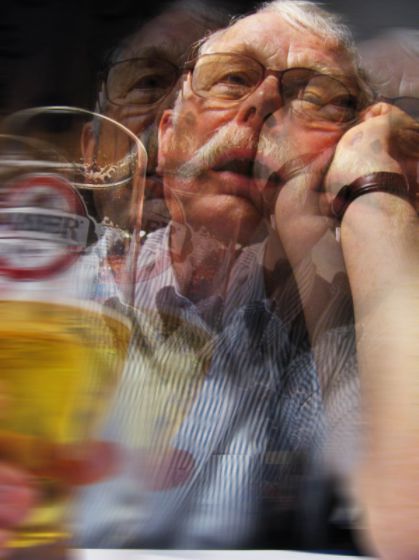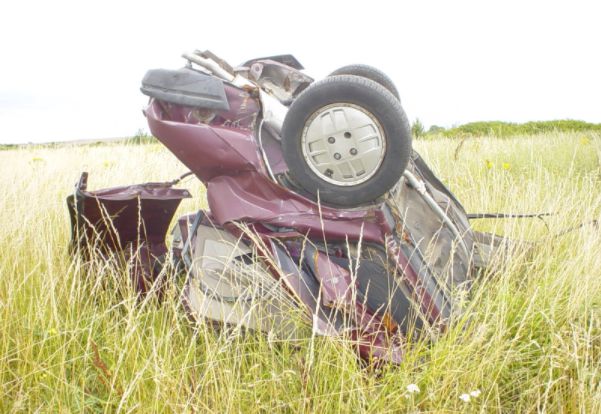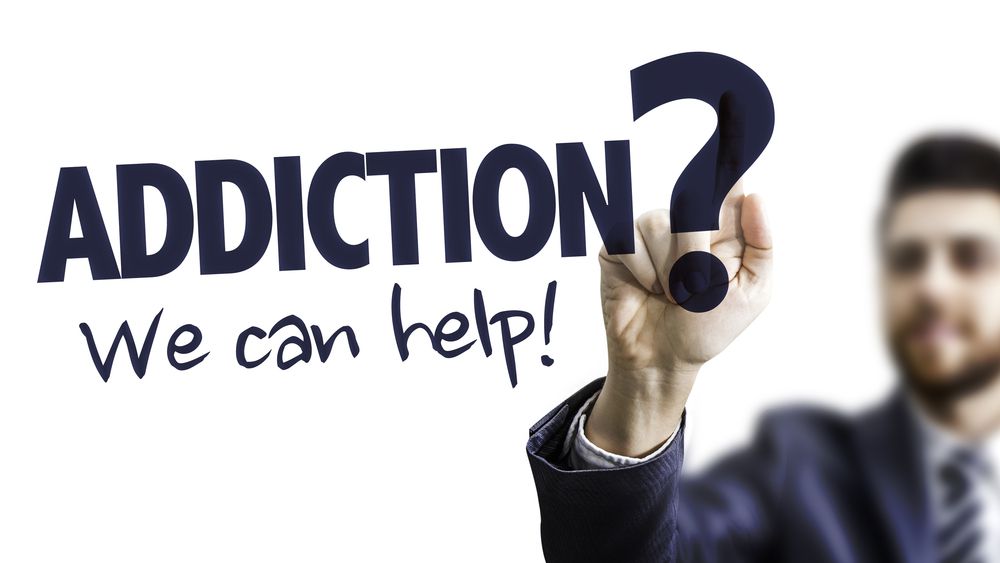Addiction can be a very dangerous habit to you and your loved ones. When it is not properly tackled, it can lead to self-sabotage. Fortunately, knowledge of the different stages of addiction recovery can help ease the process.
Addiction is a devastating illness that affects millions of persons every year. It is much more difficult than many people realize. Each person suffering from a type of drug abuse has special requirements and may also require unique care.
Yet, for fear of the unexpected, most addicts are reluctant to start therapy. They may ask, what are the stages of addiction rehabilitation? Addiction treatment for many recovered addicts can be a complicated and uncertain phase. However, substance abuse specialists have taken note of patterns that most patients experience on their journey to sobriety.
Addiction recovery is not an easy road. Sobriety can be a lifetime challenge that you have to constantly battle. Nevertheless, understanding the stages of addiction recovery will make it easier to power through.
In this article, you will learn of the main stages involved in addiction recovery. You will also learn about what to expect from addiction recovery. Additionally, you will get valuable tips on making your addiction recovery efficient.
Stages of Addiction Recovery
If you are facing addiction, you certainly know the anguish created by drugs in your life. But do you comprehend the inner workings that have contributed to substance addiction? Are you familiar with the inner chaos or the triggers?
Drug addiction is a condition that psychologically, emotionally, and physically affects a person. We are not observant of what an individual is going through on the inside. Neither do you often know why they make the decisions they make.
Before agreeing it’s time to change, we don’t hear the extensive mental debate so many addicts go through. The inner stages of addiction recovery that users usually progress through before getting treatment at a licensed drug rehab facility are below:
- Pre Contemplation
- Contemplation
- Preparation
- Action
- Maintenance
- Termination
At each of these stages, there is a crucial point that determines whether the addict will recover. It is vital to go along with the addict to successfully overcome any chance of relapse.
Constant encouragement and dedication also help. It is important that they feel the need to curb their addiction from within. Never rush the timeline for addiction recovery. Let it come naturally.

Pre Contemplation
Sometimes, those in the process of pre-contemplation have yet to concede to themselves that they have an issue. Causes may be pressure from legal issues, a loved one, or even a boss. They may be going through the motions, but they are also uncertain of the severity of the case.
Addicts will usually avoid discussions about addiction or avoid those that bring them up at this time. During this stage of addiction recovery, attempting an intervention will undoubtedly be greeted with extreme denial.
In this process, abusers typically blame social factors for their drug abuse. Examples of such excuses are demanding work or home life and even genetic predispositions. This point is often referred to as a somewhat hopeless time in the life of an addict.
Most times, during rehabilitation, many still remember it as their lowest point. Fortunately, these emotions typically contribute to the next healing point. At this point, addicts are free to step on to the stage of contemplation. That is once they acknowledge that they have a problem.
Contemplation
The transition to contemplation denotes that you are more familiar with the symptoms. You have become aware of the negative impact that addiction has on your life. However, you may not yet be sure of the adverse effects. You may still strongly consider the pleasure of alcohol or substance consumption.
You become a little more open to the possibility of redemption at this stage. Although you or your loved one may not agree to get sober yet. Regardless, it seems redemption may happen at some point in this stage of your addiction recovery.
Those in this stage of rehabilitation may openly admit that they have issues with drug abuse. Nevertheless, they frequently have some kind of excuse or argument when pressed about treatment. They often push off rehabilitation for a later period.
The excuse can also sound true in some situations. For example, if you have a stressful job, you may reassure a loved one falsely. You may maintain that when you leave the job, you will get treatment. Hence, claiming that you may no longer be tempted to self-medicate with alcohol.

Preparation
Individuals have decided to make a difference at this stage of addiction recovery. Unfortunately, most addicts unconsciously miss this stage and take action directly. Therefore, the care staff must help them at this point. This is to prevent them from planning inadequately to take action.
Throughout this process, counsellors will encourage the client to collect details regarding opportunities for improvement. They do this by looking at therapeutic aids that suit their personal needs. They also prepare a steady and realistic timeline for addiction recovery.
With a structured recovery strategy, the treatment team can help to facilitate the preparation stage properly. Hence, a customized care plan for each addict that matches their individual needs can be developed.
Action

This stage of addiction rehabilitation is fairly self-explanatory. Addicts continue the physical process of healing during the action period. This can mean changing one’s environment or changing their actions.
This means initiating drug therapy at a licensed recovery center in most circumstances. Eventually, making these important improvements to sobriety also builds the confidence of an addict. They start to experience a sense of success.
Typically, this stage takes the most effort, but it is one of the most meaningful as well. The action process is the basis of long-term sobriety. Vulnerability during this process is usually a given. Fortunately, the sensation of fulfillment connected with this stage of addiction recovery makes it worth it.
Related article: Traveling for Addiction Treatment Improves Long-Term Recovery
Maintenance
The client learns to effectively resist triggers and other vices in the maintenance stage. They avoid things that may lead back to regular addiction. People remember their success at this stage of addiction recovery and work to strengthen their recovery.
A professional care team will assist the client thoroughly to ensure continued rehabilitation. This allows the addict to receive vital treatment and assistance before leaving the recovery center.
It may also prove challenging to help our loved ones in recovery. You have to recognize what motivates the addict to improve. This information can even help your loved one’s addiction care providers to yield better results. All these have led to successful addiction treatment in Canada and its surroundings.
With proper maintenance, you can help patients remain on the right track. This helps them to continue to build their confidence. It also helps to distract them from their addiction.
Termination
The recovery process is effectively complete at the termination stage. However, staying sober is a lifetime commitment. A person is likely to have recovered their health in the termination process of treatment.
They can maintain strong relationships and have a stable profession. They are also financially independent and feel assured that the addiction is gone. When asked, most people do not incline to return to active addiction at this point. They are happy that they no longer have the same habits as when they were addicted.
The strength of the stages of addiction recovery is in its simplicity. They simplify a complex phase into a sequence of straightforward steps. What makes them relevant, though? How advantageous are the six steps?
Notably, the stages of rehabilitation make it possible for you to be familiar with recovery processes. It doesn’t matter whether you have prior knowledge of addiction recovery. The stages put into context the healing process of an addict over time. This makes it easier to assess the right tools to be used at each level. It helps you know what to expect from addiction recovery.
In brief, the results of the healing processes are important. The phases provide significant clarity. They also give us insight into how therapies and other help can be used.
The Stage Models of Development of Addiction
Each stage of addiction recovery needs crucial attention to be successfully carried out. Lapses are bound to happen at any stage of addiction recovery. However, there are certain stage models of development that can help you understand the process better. Nevertheless, it is important to know that these stage models aren’t perfect.
The Animal Substance Abuse Model
This model was proposed by a variety of psychologists and doctors. It compares the phases of substance abuse to those found in animals. It uses Pavlov dogs as an example.
It theorizes that the brain becomes used to external stimuli that view the hard drugs as a reward. Similar to how the dogs salivate at the sound of a bell in Pavlov’s experiment. This slowly leads to binge drinking and intoxication.
Furthermore, you begin to see the substance you abuse as the only way to have fun. You become so dependent that you constantly use it to avoid the withdrawal symptoms. This is one of the most difficult stages of addiction rehabilitation.
Lastly, you eagerly anticipate the next fix. Your mind becomes preoccupied with getting a taste of the substance. Nothing else matters at that moment until you get the drug or alcohol.
The Valliant Model
This model was invented by Dr. George E. Valliant. He highlighted three phases that serve as the basis of substance abuse. Firstly, he discussed how occasional usage can spiral out of control. At this phase, you may still have strong control over how you use the substance.
Secondly, abuse can easily set in once the occasional usage becomes more frequent. You ignore any red flags that arise from constant drinking or hard drug intake. This is still an easily redeemable stage of addiction recovery.
Lastly, your body may become over-reliant on the drug. You build a tolerance to the drug which makes your body go for higher dosages. You experience severe withdrawal symptoms when you try and quit. This makes you rely more on the substance to avoid the symptoms.
The Jellinek Model
This model based on the works of M. Jellinek breaks substance abuse into four phases. Each phase gets progressively worse as the addiction grows. The phases are namely:
- Preliminary phase
- Substitution phase
- Crucial phase
- Chronic phase
The preliminary phase deals with basic social drinking. This may seem innocent at first glance but can easily get out of hand. Caution needs to be taken to ensure responsible drinking or stoppage.
The substitution phase stems from the use of the substance as a coping mechanism. At this point, you are depending on the drug to get by in your day. Red flags that indicate this phase are excessive hangovers and blackouts.
The crucial phase is where things start to worsen. You begin to experience a total loss of control of your life as a whole. You also tend to justify your reason for consistently using the substance. Early health problems begin at the phase and the timeline for addiction recovery grows longer.
The chronic phase is often marked as a point of no return. At this phase, you have grown to become over-dependent on the substance. You begin to experience extreme conditions like hallucinations. Physical and mental problems are at their heights.
The most common stage models of abuse remain focused on the development of physical dependency. It is also seen as a biological change in the central nervous system of the person. Such changes result in a person being unable to make reasonable decisions.
Constant drug abuse can indeed contribute to severe brain changes. However, people still maintain a manner of choice unless they experience severe brain damage.
All these different stage models aim to describe the development of an addiction. Nevertheless, there are several flaws in these theories. However, the points about drug addiction made in any of the stage models are still relevant.
How to Prepare for Addiction Recovery

Addiction doesn’t start in a day. It usually builds over time while the user is oblivious to it. If you suspect any signs of addiction in you, here are actions you can take. A good start is deciding to seek aid for your addiction. Next, training your body for recovery should be your immediate priority.
When you have developed alcohol or druggy dependency, withdrawal will be the first stage of recovery. You’ll abstain from substance use in detox to allow any signs of the drug to leave the body. It will cut the emotional reliance on alcohol or narcotics.
Detox is considered by many to be the most difficult stage of addiction rehabilitation. It is the part where the least work is done. Symptoms of withdrawal will range from moderate to extreme and may likely involve strong cravings.
Medications can be given to help minimize the severity of signs of withdrawal. This eases the stress in the weeks or days leading up to recovery. Additionally, you will reduce the level of pain by taking proper care of your health.
Before going for rehab, one of the toughest things you can do is go on a binge. People do this in expectation of quitting. Although it can be enticing, there may be devastating implications of over-using before treatment.
These may involve an accidental overdose or court issues resulting from the misuse of substances. Overuse can also make detox more drawn-out and painful. You need to ensure to sleep well and on time. This is an often-ignored part of the stages of addiction recovery. The body heals faster when subject to adequate sleep.
Exercising also helps the body fight off withdrawal symptoms easily. Your blood will pump more effectively, flushing away any toxins faster.
Furthermore, you will have to cut ties to any potential triggers. This can be a person or a location. If you have friends that still actively abuse drugs, it’s best to avoid them for a while. The same goes for a pub or bar that you frequent before. Hanging around such people and places make it easier for you to suffer a relapse.
Having a mentor or confidant is beneficial for you on your road to recovery. Such a person will be able to constantly encourage you during the toughest period of recovery. They will be essential in speeding up your timeline for addiction recovery.
Tips on Making Addiction Recovery Efficient
It is tough enough to get sober. However, getting a new start in life can be challenging in several respects. You have to get over the withdrawal effects first and overcome the cravings you feel.
Compared to coming out of a cave, recovering and reentering society is not a piece of cake. It is a transition phase that needs many steps, adjustments, and commitments to pull off.
If you have recently been sober, you want to be sure that you maintain it. Hence, here are some tips you can take to increase your odds of success.
Take Your Time
You may have recently emerged from addiction and believe yourself to be invincible. You may be eager to charge back into the world and take life by the reins. Yet, you can fail at any of the stages of addiction recovery if care isn’t taken.
It happens very frequently. You may feel fantastic and recharged, and ready to live life to the fullest. However, don’t take on more than you can do yet. Life is going to be very different, and it is worth taking some time to readjust.
Reconcile with Loved Ones

There is a chance that you hurt your loved ones when you were an addict. You may have done things to other persons. Such acts can create a certain degree of frustration or animosity.
Your loved ones may be glad to get you back sober and safe. However, you may continue to see the effects of old wounds in their interactions with you. Find a way to fix the harm you might have done. Do it as quickly as possible, and go beyond and above to make it right.
Locate Sober Mates
You can’t afford to spend time with people with whom you used to abuse drugs. The irony is that they most certainly may not help you in your sobriety. No matter how much they might think they may help, it won’t work.
Those that think it’s a positive idea that you’ve become clean don’t endorse it. This is because they’re heading in the opposite path from the one you are taking now.
Additionally, even if the time spent with these individuals doesn’t involve drugs, you have to avoid them. There is a risk that being around them can begin to tempt you and bring back cravings. In the years ahead, no amount of sentimentality is worth your sobriety and your wellbeing
Find New Activities
Your world most likely revolved around alcohol or being high because you were an addict. Whenever you were not using, you were thinking about how to find the next fix. You likely had something planned to make it easier for you to do so.
What are you going to do now for your time? Addiction has left a void in your life. Now is the time to seek something positive and entertaining to fill that void. Several addiction treatment centers in Canada can provide you with ideas on new hobbies to engage in.
Find a new passion. You can start volunteering or start a degree that will help you advance your career. Do something else that will set the best course for your new life.
Conclusion
The stages of addiction recovery can be extremely difficult. However, you are not alone in that struggle. Follow the stages listed above to begin your road to rehabilitation today.
Take note of the different stage models of development. Utilize the tips to prepare you for addiction recovery and make sure you stick by them. Finally, your mind to overcome any temptations by avoiding triggers. Contact 1000 Islands Addiction Rehab & Treatment Centre for addiction treatment programs.
Related article: 8 Exercises That Can Help With Addiction Recovery

